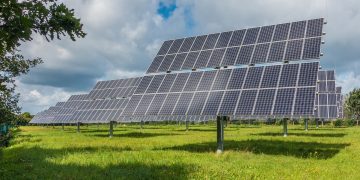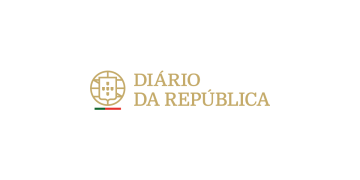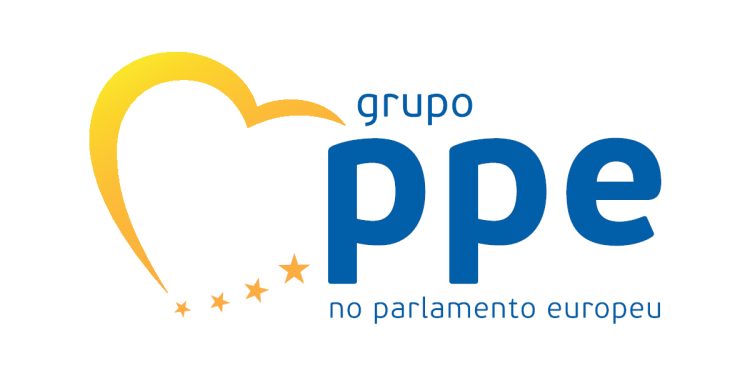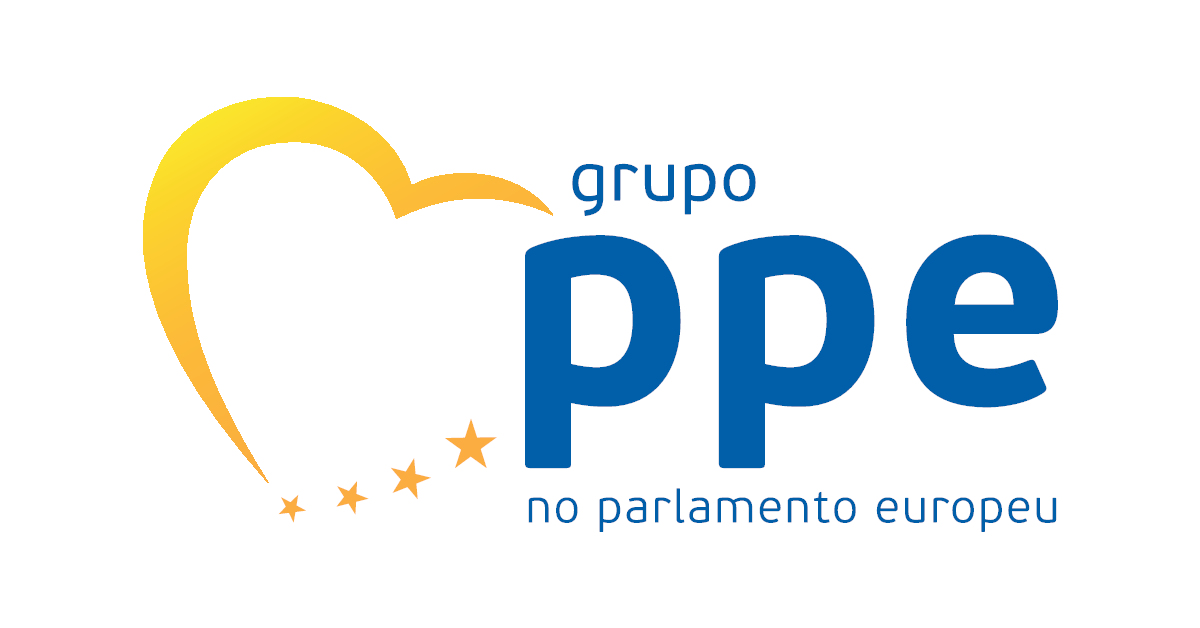The EPP Group welcomes the European Commission’s plan to postpone the entry-into-force of the Deforestation Regulation, proving that the inherent problems with the law cannot be solved by further transition periods or non-binding guidelines.
“This clearly shows that the problems of the Deforestation Regulation run deep. A key step in a necessary revision of the deforestation regulation is the introduction of a zero-risk category. Regions and products that pose no risk of deforestation must be treated in an unbureaucratic manner and without additional documentation requirements. Only in this way can the regulation have a targeted effect without burdening those who can demonstrate that they operate in a sustainable and responsible manner,” says Christine Schneider MEP, the European Parliament’s lead negotiator on the file.
“I will continue to advocate that the burden of proof for deforestation-free products should lie exclusively with the first distributor on the European market, as this will protect forests where deforestation is actually a threat. It is unacceptable for European forestry and businesses to be hampered by unnecessary documentation requirements while the actual causes remain untouched,” Schneider adds.
“Our efforts have finally been successful. If the deforestation regulation had entered into force unchanged on 1 January, it would have caused unsolvable problems for many small foresters, farmers, and small and medium-sized enterprises, such as medium-sized coffee roasters. Before requiring them to enter data into a database, the system has to function properly. In a second step, simplifications must now follow as a matter of urgency. In European countries, where clear guidelines are in place and deforestation does not occur, forestry owners and farmers should be exempt from any requirements. This must also apply to third countries where the situation is the same. The goal of stopping global deforestation is and remains the right one, but a bureaucratic monster weakens the acceptance of European environmental policy,” says Peter Liese MEP, the EPP Group’s Spokesman on Environment.
Fonte: EPP






















































